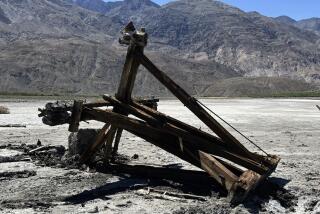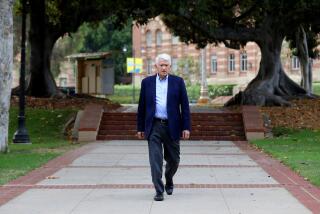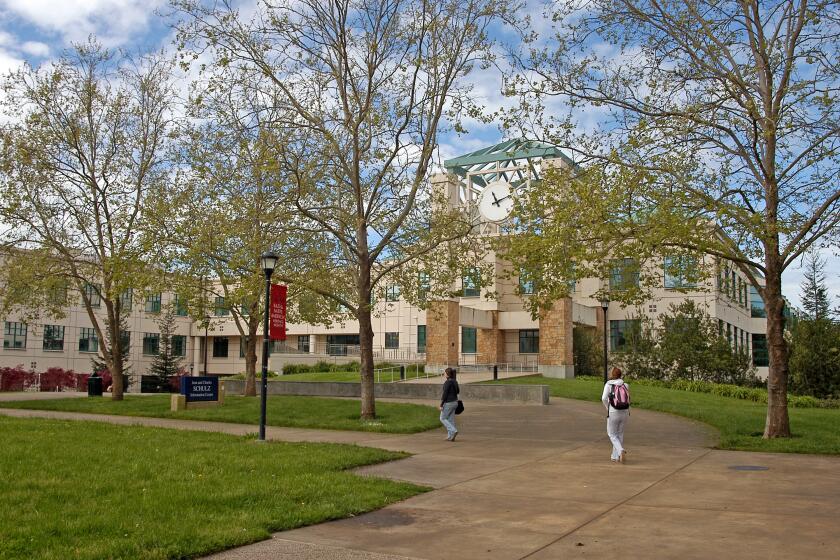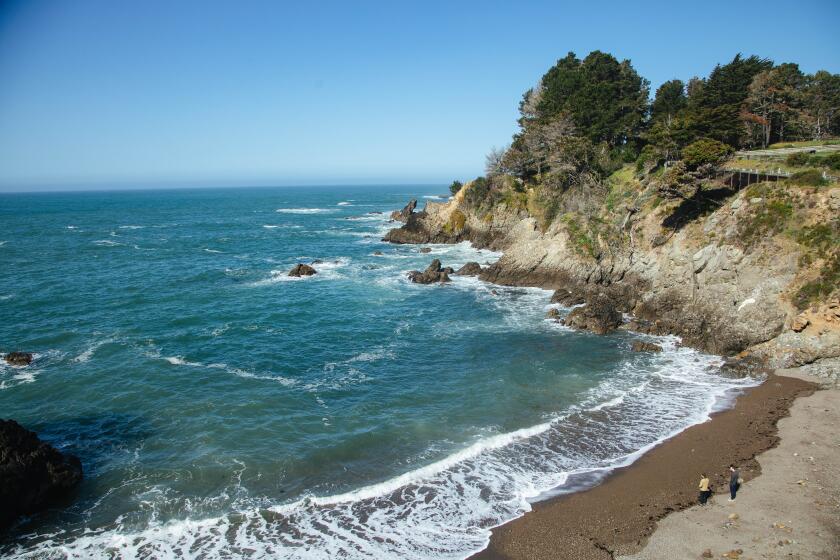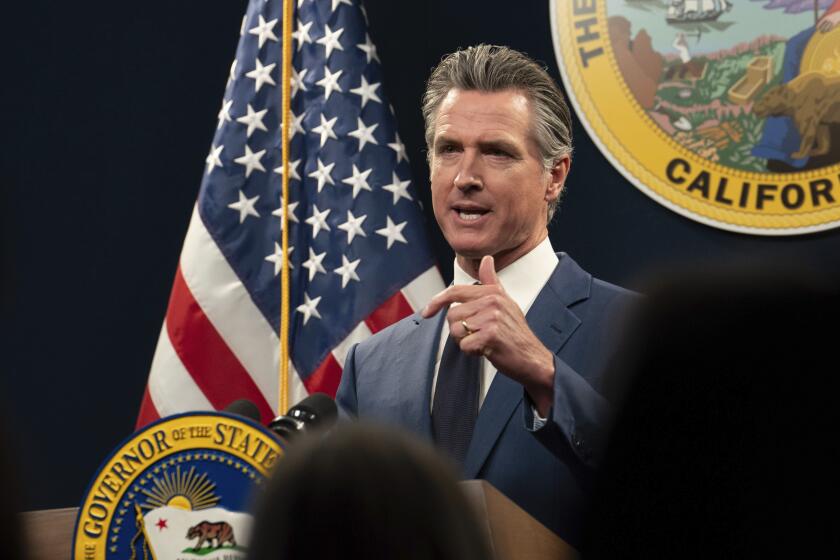Burning Issues
It’s still fairly early in the fire season across much of the western United States, but more acreage has already gone up in flames than at the equivalent point in any year since 1969, when 5.69 million acres had been consumed. The extent of the blazes and the cost of fighting them bring certain issues into sharp relief. Among them:
Arson: Criminal causes are suspected in some of the largest conflagrations, such as the 20,000-acre-plus fire at Castaic. A 15-year-old San Fernando boy is in custody and has pleaded not guilty to charges that could lead to 13 years of incarceration.
The U.S. Forest Service says 90% of forest fires on federal land in the Southeastern U.S. are deliberately set. The figure is believed to be much lower in the West, but how much lower?
In 1995, state Forestry Department statistics showed that about 13% of fires on state-controlled land were the work of arsonists, but they accounted for more than 70% of the monetary damage. And in 1995, a U.S. attorney for California’s eastern district suggested that arson for profit might be a bigger problem here than suspected, noting a series of blazes in Shasta and Trinity counties set by a man who then rented his water tanker to firefighters.
Better information is needed, as well as a strong look at whether criminal penalties are severe enough.
Policy: Loggers are already saying that the fires prove that federal policy is flawed and that increased timber harvesting would help reduce the potential for destructive fires. Dead wrong, argue environmentalists, but the debate goes on in an atmosphere of declining federal funding and staffs that might supply answers.
Hard questions should be asked of local governments and planning officials who continue to allow development in fire-prone areas, thereby increasing the risk of costly fires.
Prevention: Los Angeles County is obtaining a Super Scooper firefighting plane a month earlier than planned, but residents can do much to help keep it in a hangar. For example, obey a U.S. Forest Service order banning charcoal barbecues in the San Gabriel Canyon this holiday weekend. Extinguish and dispose of all cigarettes and the like inside cars, not outside. And homeowners in fire-prone areas ought to remove all hazardous native brush, weeds, grass and other vegetation from within the required 10 feet (better yet, 30 feet) of their houses. Such actions might save precious tax dollars and private losses.
More to Read
Start your day right
Sign up for Essential California for news, features and recommendations from the L.A. Times and beyond in your inbox six days a week.
You may occasionally receive promotional content from the Los Angeles Times.
